|
The Noosa Festival of Surfing commenced on the weekend here with nine whole days of beautiful waves, boards, beaches, and surfing. Now this, is what the Sunshine Coast is all about. I have therefore teamed it with nine hot tips to overcoming your biggest block to deeply connected relationships in this Intimacy Inhibitors series.
This series is designed to rescue you from drowning in the ho-hum boring drum of flat conditions featuring less than fulfilling relationships with unnecessary large reef rocks to enjoying connection and deep love. If you're methodical like me and need order, click on these previous articles, where I've covered: Alongside the endless list of common human fears of sharks, jellyfish and needles in the sand is fear of rejection. It's an invisible phobia that causes us to recoil in horror, shock and sadness that can disable us for months, if not years at a time with devastating effects of being alienated, disappointed and lonely. This is particularly long-lasting when repeatedly experienced as a child when a decision is subsequently made to avoid relying on others at all costs. Translate this behaviour to an adult intimate relationship and it’s a massive inhibitor to reaching out and enjoying closeness. What do we do about it? We harness the power of our mind which is fabulously renewable, neuroplastic and fundamentally, changeable! You are not a victim to the tides that come and go to helplessly drift with the unhelpful decisions and beliefs of your past. Here are your 9 Mind Management strategies for fear: 1. Check your antenna frequency (refer to the first article in this series) 2. Tune in to your internal newsreel? What fearful words are you speaking into your life when you wake, washing the dishes, driving or surfing? 3. Write them down and consider when and why you bought into any of those toxic thoughts. 4. Write down three decisions you made as a result of these experiences to avoid future pain. 5. Validate your ingenious inherent design to adopt these self-preservation behaviours. 6. Write down three ways these decisions are not helping you enjoy intimacy and true closeness? 7. What three or more feelings do they evoke? 8. Ask yourself the benefit of bravely expressing them to someone? 9. Write down what life-giving, motivating and nurturing words you could be speaking into your life instead and ensure they infiltrate your world. So drop into these 9 steps to approaching the exhilarating ride of intimacy. It won't always be a perfect 10 and there will be a few wipeouts. Like any new skill, it requires repetition and you'll be stoked with the results. Joanne Wilson is a neuropsychotherapist, relationship specialist, workshop facilitator and guest speaker. Tune into radio Salt106.5 each Friday morning for her co-host of the Morning Wakeup. Don’t miss more on these articles in her “Is This Love” Podcast and download your FREE relationship resources at www.relationshiprejuvenator.com What are you scared of? Spiders, snakes, dogs, heights, flying, enclosed spaces, needles, storms? The list is endless of what frightens the heck out of us. What about the one we can’t physically see that’s on top of the list of what petrifies humans (according to me)? What is this invisible phobia that causes us to recoil in horror, shock and sadness that can disable us for months, if not years at a time? Rejection. And what does rejection cause? Fear. I’m spearheading through my first series for your 2020 – “Intimacy Inhibitors”. It’s designed to stop you in your tracks to ensure you’re not sabotaging your relationships with unnecessary road-blocks to your intimate relationship. These inhibitors are evident in my counselling room over and over again so why not cut your mistakes short and enjoy insight from the progress achieved from countless courageous clients over the years? I’m longing for you to be “naked to the soul” in realising your true design to enjoy being with another special person and all the vulnerability that goes with it. I acknowledge the importance of feeling safe and secure when we can count on turning to our loved ones for support, love and connection. This doesn’t necessarily apply to just intimate partners but allowing our friends and family in. You flourish when you allow people into your inner world. Why would you do this? Because you fair much better when you share the load. Your brain lights up when you compassionately support someone else. You navigate the world knowing someone has got your back despite your flaws, failings and mistakes. Why don’t we do this?
Fear and rejection. I can guarantee everyone on this planet has suffered rejection and all the devastating effects of being alienated, disappointed and lonely. This is particularly long-lasting when repeatedly experienced as a child when a decision is made to avoid relying on others at all costs. Translate this behaviour to an adult intimate relationship and it’s challenging to reach out and enjoy closeness. What do you do about it? Realise your default personal news reel. After over a decade of counselling I’ve come to realise, no matter your charmed or compromised background, human nature sadly and too easily defaults to worthless self-talk. If we allow life’s whacks, clobbers and thrashings to permanently wire us to avoidance, we are trapped in pain and isolation. We’re more likely to judge and criticise others to deflect the perceived short-comings from within - all rooted in fear. I look forward to stepping you through some steps to overcoming fear - this massive inhibitor to intimacy next week. Joanne Wilson is a neuropsychotherapist, relationship specialist, workshop facilitator and guest speaker. Tune into radio Salt106.5 each Friday morning for her co-host of the Morning Wakeup. Don’t miss more on these articles in her “Is This Love” Podcast and download your FREE relationship resources at www.relationshiprejuvenator.com  Social connectedness has a bigger impact on health than giving up smoking, reducing excessive drinking, reducing obesity and any other preventative interventions? Whilst these strategies are going to enhance your lifestyle, modern medicine is realising the importance of integrating the most effective intervention for improving health and longevity - social relationships! This month, I’m highlighting the contribution of social researcher and bestselling author, Hugh Mackay whose accolades include an Officer of the Order of Australia and Fellow of the Australian Psychological Society to name a few. I was honoured to interview Hugh and taking much delight in revealing his insight and wisdom that complements my contribution as a Relationships Therapist. We are created relational social beings. When we feel loved, secure and attached to our people and surroundings, we flourish. Look beyond the symptoms of our anxiety epidemic and you’ll likely see social fragmentation behind it. An example of social fragmentation is one household in four has one person living in it with this trend set to decrease to one in three. Fragmentation features 35%-40% of marriages that end in divorce (a massive ripple effect on society and generations including children who transition between parents’ houses or choose to live independently earlier.) Busyness is our badge of honour and the information technology boom that as Mackay says, “makes us feel more connected than ever before. On the other hand, it makes it easier than ever for us to stay apart from each other and to settle for a text or a tweet, rather than a phone call, let alone a cup of coffee. We are getting used to the idea that you can communicate without human presence.” In my experience in the Counselling room, loneliness and disconnection is usually the root cause of addictions. “For too long now, we have been living in a society that revolves around individualism and consumerism.” says Mackay, citing them as the “twin vanities”. Hugh emphasizes this in what he calls being entangled in the QPL syndrome: the quest for the perfect latte. He says our sense of lack of control in the world causes us to seek fulfillment through bathroom renos, breast implants, enviable holidays we can Instagram and demand the perfect latte. We are ensnared in the false belief we will be happy when we get what we think we deserve. In reality, it is a never-ending chasm to fill and the root of entitlement and narcissism. Mackay says we have “lost sight of our true nature as people who belong to a society. We are, each of us, organically linked to the whole; its problems are our problems; the pain of any is the pain of all”. Beyond Blue reveals two million Australians are suffering from a diagnosed anxiety disorder. Whilst youth suicide is falling, sadly our overall rate of suicide is still rising. Men are three times more likely to die of suicide, with approximately six male deaths per day. What is going to counteract these frightening statistics? Find someone to work out or walk with, call a buddy for a beer, join the choir, pottery class and be brave enough to knock on your neighbour’s door. Your brain lights up when you’re connected, needed and contributing to the lives of others. Fellas can have a chilled out catch up at Sunshine Coast’s very own local initiative, www.grablifebytheballs.com.au which is expanding across Australia. There’s a plethora of women’s networking events in business, playgroups and hobbies. Use your screen for good today to search out some connections suited to you and courageously make contact. You’ll likely live a longer and healthier life. I personally think it’s ok if you enjoy finding good coffee! If you’d like to know more on the Suicide Prevention Program at the Sunshine Coast Mind and Neuroscience -Thompson Institute, visit www.thealliance.org.au. Joanne Wilson is a neuropsychotherapist, relationship specialist, workshop facilitator and guest speaker. Don’t miss more on this in her “Is This Love” Podcast and download your Spouse It Up Guide at www.relationshiprejuvenator.com What’s the most common reason couples seek relationship counselling? You guessed it, poor communication and conflict skills.
Last week I raised the concept of the non-clinical condition, alexithymia, being unable to identify and express or describe your feelings. These individuals who have difficulty accessing their inner emotional word is said to feature in 10% of the population and yes, more likely, but not always men. Stereotypically, men don't seem to express their emotions as easily, as well, or as much as women do. Interestingly, the unbridled emotion is commonly found at the footy or the cricket when it’s completely acceptable to passionately scream and wave your arms around. It is essential to note that not all blokes shall be tarnished by this same brush. I’ve also encountered many exasperated men struggling to extract the verbal complexities of their woman’s mind. Unfortunately, the blokes characteristically leave the relationship stuff to the women however love and connection is more of a learned team approach. When it goes pear-shaped, the guy will just want to fix it and move on. Interestingly, there is “normative male alexithymia” which is said to be derived from socialisation that “everyone knows real men don’t cry”. Many Aussie boys are raised being emotionally undermined with the messages of stoicism throughout media that masculinity is all bravo and grunt. Talk emotions and you’re a weak sissy. Whilst I believe this is improving, it explains the alarming high male suicide rate. Thankfully, I frequently encounter the effects of this social conditioning when blokes front up for marriage therapy when the relationship features loneliness, disconnection and repetitive conflict. How do we approach this? As we move toward encouraging a generation of expressing instead of repressing, we also can’t label men as “feelingless gender”. Emotions are in there. We collaboratively normalise the ideal that we are all built with emotions and we can all access them. Like any new task, it requires repetition, consistency, positive reinforcement then a wonderful transformation occurs. Not so say, reversing a strongly held socialisation pattern takes time. Men show up with the best intentions to be their woman’s hero, to take action and protect. When women can appreciate and display admiration for these inherent traits are men more likely to be vulnerable to sharing their inner world. Witnessing those magical moments are one of the greatest gifts for a marriage counsellor! Joanne Wilson is a neuropsychotherapist, relationship specialist, radio co-host, workshop facilitator, guest speaker and weekly columnist for the Sunshine Coast Daily. Visit www.relationshiprejuvenator.com for your head start to reviving your relationship or contact Jo at www.theconfidantecounselling.com. Listen in to her podcast discussing these articles and more, "Is This Love?" The Sunshine Coast boasts plenty of courageous champions.
Like our very own vivacious and larger than life Heidi Latcham. She bravely sought to learn as much as she could about herself and relationships on national television in the pursuit of love on reality show, Married At First Sight. Heidi exposed herself, put her heart on the line and in her words, subsequently “got smashed into a million pieces” and changed her whole perspective about life and how she perceives relationships. You might not think so, but to me, that’s bold and audacious! While you might consider her motives were self-serving, this is where the new Heidi Complex unexpectedly came to fruition. What does the Heidi Complex have to do with relationship therapy? It’s called complex for a reason because it involves relationships. To explain further, Heidi was paired with an aesthetically matched rather handsome Australia dude aptly named, “Mike”. Following the literal whirlwind flurry of “marrying” at first sight at the altar. Excitedly, they were flown on their honeymoon to a gorgeous, enviable scenic tropical location befitting for television. While languishing and glistening together on the pristine white sand of a secluded beach, newlywed Heidi felt it was timely for a deeper connection. She plucked up the courage to discuss at length her challenging upbringing and subsequent journey to rising above adversity to where she is today. Mike responded along the lines of, “I’m not your therapist, it’s hot — can we go have a swim?” As you could imagine, it's part of my research role as a relationship therapist to tune into what my couples are watching and talking about. Whilst I may not necessarily agree with the concept of such shows, not only did I spill my tea, turns out, the famous “beach scene’ had many scorned and lonely women of Australia, leaping from the couch exclaiming, “I get you, this happens to me!” This echoed on my couples counselling couch too. What exactly were they uniting about? That all too often scenario when a woman seeks to deepen her connection with her man, daringly reveals her innermost sanctum of thoughts for the day for it to be dismissed, rebuffed and cast aside like a rag doll by her seemingly uninterested man. Men don’t seem to express their emotions as easily, as well, or as much as women do. Why is that — and what’s the impact? Is it normal gender differences or can we pathologize this “strong, silent” sex as a condition that requires extended therapy and medication? I’m sure you’re not surprised there’s a label to describe people who have trouble expressing their inner emotional experience called Alexithymia. Before you diagnose and make that psychiatrist appointment for your parent, partner or child, let’s confirm it is not classified as a disorder in the psychology manuals. It’s considered more of a subclinical disorder and a personality trait. What is it exactly? It’s considered to feature in nearly 10% of people and can be primarily part of their personality or a secondary form following trauma. It is being unable to identify and express or describe your feelings. Understandably, these people are more logical, and not so in touch with the difference between their bodily sensations and their emotional inner orientation. They do have emotions but not such a wide range. The tricky part in relationships is, they appear to lack empathy, may seem self-centred and seeming completely unaware of their partner’s deeper feelings. Initiate a conversation involving emotion and an alexithymic will be seemingly bored and distant. They will also deflect the presence of emotion and as an example, label it is as tired or having “something in their eye”. How do we approach this in couple’s therapy? Watch this space next week. Joanne Wilson is a neuropsychotherapist, relationship specialist, weekly columnist for the Sunshine Coast Daily, workshop facilitator and guest speaker. Don’t miss my fun interview on this with Heidi and BarRat from SeaFm on my Is This Love Podcast this week. Visit www.relationshiprejuvenator.com.au/intro for your head start to reviving your relationship. Death, taxes and the need to be loved are the sure things of life.
As Queensland prepares to recognise Mental Health week from 5 October, what a perfect time to recognise therapists all over the world impacting generations. I too, have the privilege of journeying with couples particularly with children supporting them rediscover how to effectively connect and mentor their young family with a beautiful, flourishing and cohesive connection, particularly with healthy conflict cycles. One great reminder I want to share is contemplating how we sought safety, learnt, felt and expressed love in the first place. We thrive on being loved, cared for and needed. A loss of connection in a relationship often feels like a near death experience for many. Have you ever taken time out to wonder: Who did you go to for comfort as a child and could you count on them? Were they available for you at critical times? Did these people ever betray you or let you down? What did you learn about connection /comfort from these people? Did you ever turn to alcohol, drugs, sex, material things for comfort? Have there been any particular traumatic incidences in your previous relationships? It makes complete sense that these experiences can shape our current relationships. They can subconsciously influence any insecurities, unrealistic expectations and explain why we find ourselves self-medicating with alcohol, drugs, sex or materialism or screen addiction. On the other hand, many people have been fortunate to enjoy a wonderful, loving and connected family of origin upon which to launch themselves to relationship success. If you’re in a relationship, I wonder if there have been times when you have been able to be vulnerable and find comfort with your partner? What a gift that is. It is an incredible honour when couples or individuals entrust me with their challenges, pain and dreams. Your emotional and physical well-being flourish when you enjoy dynamic, fun and connected relationships. It is never too late to begin being the best version of yourself in yours! In the theme of taking time to boost your mental wellbeing, check out the www.qldmentalhealthweek.org.au website for the Instagram Take Time challenge. They’re inviting people across Queensland to share what it looks or feels like when they ‘take time’ for the things that boost their mental wellbeing. Your post must be shared on Instagram using #QMHWTakeTime and can capture anything from a moment to an artwork. You might like to show how important it is to be active, keep learning, give, connect, enjoy the moment, or care for our planet. Just be creative, be yourself, and join the conversation. The challenge will run in the lead up to Queensland Mental Health Week until Thursday 3 October 2019. There will be six prize draws during this time with all entrants having the chance to win! Joanne Wilson is a neuropsychotherapist, relationship specialist, radio co-host, workshop facilitator, guest speaker and weekly columnist for the Sunshine Coast Daily. Contact Jo at www.theconfidantecounselling.com or via email. Listen in to her podcast discussing these articles and more, "Is This Love?" With much grunt and gusto, I’ve bravely explored the world of the hairy man type in a relationship with a fluttering eyelashes female throughout August. I’ve delved into these key topics often found in my relationship therapy and as put forward throughout this series by blokes. They’re yearning to discover why women:
You can find these answers and more on my blog, however as today August draws to a close, it’s time for the big question many fellas want to get to the bottom of: Why don’t women desire sexual intimacy as much as we do? In the absence of a sealed section in this magazine, I’ll keep it above the waist line. Once again, I’ll highlight it’s just not appropriate to stereotype men and women. There is a large quotient of libidinous females out there that suffer inextricably from rejection and low self-esteem as result of not being with a man who fits the mainstream oversexed male. You know the typical beef-cakes who chuckle and elbow each other at the great aussie barbecue as they whine they’re never indulged enough by their Sheila. This role does not always play out at home in the bedroom so that’s a topic for another time. After collaborating and interviewing a few sex therapists, including the work of Laurie Watson of Psychology Today, here's what I've unveiled:
Women long for an emotional connection before physical connection and it’s worth realising they may need that first to be emotionally vulnerable and available to communicate. That is, unless they pass out snoring first. Listen in to my interview with Sunshine Coast sex therapist, Pauline Ryeland on my "Is This Love?" podcast! Joanne Wilson is a neuropsychotherapist, relationship specialist, radio co-host, workshop facilitator and guest speaker. Contact www.theconfidantecounselling.com or via email. Can you imagine how fun this series is in attempting to walk in the shoes of a bloke for a month? It sure is mind boggling when you can’t see as many shades of colour, talk half as much, struggle to put feelings into words and often incredibly frustrated when your woman doesn’t seem to want to put out as much as you’d like her to. I do hope however, you’ve benefitted from this series in realising our uniqueness. These stereotypical behaviours do not apply to everyone – you are you! Some women display more masculine behaviours than others and vice versa. Meanwhile in the counselling room and as put forward on my social media, there certainly are some recurrent themes. Today, I contemplate, “Why do women always interpret the worst of what men are trying to say and not just assume the best one?” “Trying to say” is the important phrase here. I can’t count the number of times brave blokes have turned up for counselling rather ill-equipped to reveal what’s really going on for them and even worse, attempt to talk about the “f” word – feelings. I do wonder how much socialisation has created this stoicism and repression of feelings that contribute to men leaving the “relationship stuff” to the women. Men are not the “feelingless” gender – they’re in there. If many Australian blokes haven’t traditionally been encouraged to speak about matters of the heart coupled with their brain that tends to internalise, why would they expressively reveal their emotions to openly communicate the way women want and create that connection we all long for in our relationships. We absolutely need to appreciate the differences in the emotional centre of our brains. Women have a stronger left amygdala that facilitates recall of emotional experiences in more detail. Men are stronger on the right side, providing them to focus on the big picture in a more practical and orderly way versus the emotional memories. Guys are fortunate to have a slightly smaller prefrontal cortex which allows them to get to the point a lot quicker with reason and logic. A woman’s amygdala is more easily activated by emotions compared to their man’s action-orientated and practical approach more alert to danger and wired for protecting. You threaten them and then they’ll exhibit more emotion! This practical, external focus explains why he always wants to fix it without the need for long talks into the night as we may go in circles with no apparent point. Simply put, his brain circuits aren’t wired to retain information in the detailed and emotional way that a woman’s is. How on earth are they then expected to communicate in the same way we do? It’s also worth noting if based on previous experience, do: - some women could already have labelled their man with certain traits that then filter in the worst-case scenario? - we also incorporate “catastrophic” thinking into our relationships that then translates to lack of trust and looking for the negative in all situations? - we attempt to mind-read in making weird and wonderful assumptions instead of giving them the benefit of the doubt? - we allow comparison to steal the joy from hearing the positives in our man’s communication as compared to what we hear other men say to their partner? Do we assume all other men say all the right things and forget the positive traits and words he does get right in a different way? I whole-heartedly agree that many men could share the “relationship load” in facilitating emotional attentiveness. Could same ladies, however remove any high expectations and the “shoulds”. Could we shift the blame to a more collaborative approach in enjoying your incredible differences in how we communicate and play the catch them doing it well game for a change? Next week, the most common question: Why don’t women desire sexual intimacy as much as we do? Joanne Wilson is a neuropsychotherapist, relationship specialist, radio co-host, workshop facilitator, guest speaker and weekly columnist for the Sunshine Coast Daily. Contact Jo at www.theconfidantecounselling.com or via email. Listen in to her podcast discussing these articles and more, "Is This Love?"  Throughout Audacious August, I’m bravely journeying the world of an aussie male. Peruse the most recent articles on this blog for some of the mysteries I seek to unveil about men, particularly those in relationship with a woman. Today I investigate why we find men’s lack of communication so troubling? Thank you for your overwhelming response to last week’s article. Here are more contemplations based on your contributions, Why:
Firstly, let’s point out the amazing similarity between men and women - we all long to be loved! Yes, we might look different, sound different and go about getting love in a different way however all the PHd’ers out there keep coming back to more similarities than differences. Whilst I’ve covered fascinating facts about our variances in brain structure over previous articles, one important point is we are miraculously designed to complement each other. When you think about it, there isn’t one kind of man and one kind female – most of the stereotypes just don’t fit! You are unique. I’ll now address the talking conundrum with a joke from the late American journalist, Helen Rowland, "Before marriage, a man declares that he would lay down his life to serve you; after marriage, he won't even lay down his newspaper to talk to you." I mentioned last week that constructive emotional disclosure discussions support closeness. I get the impression that aside from the closeness part, this seems most unappealing to men. One helpful male wrote in this week with this helpful perspective, “The masculine in all of us, men and women is covert by nature and thus reluctant to open itself up to scrutiny. Many men, especially those who have yet to recognise the power of their own feminine essence, simply have not exercised this channel for connection with another human being.” Furthermore, neuroscience reveals that females are extremely accomplished at detecting when they’re being listened to – or not. It influences our sense of self-worth. We will catch you out! Female brains have an amazing capacity to group sounds and analyse them versus the male brain which listens for a specific focussed purpose. Here’s an exert from Dr Caroline Leaf’s book, “He said, she said”. “A husband may find it a challenge to keep up with his wife as she zig-zags her way through all the various adventures of her day, constantly inserting random factoids and minutiae. There’s a reason she knows where she’s going even when he’s completely lost and beginning to lose interest. Her girlfriends love all the extra details she gives when she’s telling a story—her husband’s wondering, “What does this have to do with that?” As I regularly highlight in couple’s therapy, ladies, save some of your words for your gal pals and reduce any extravagant body movements to minimise distraction! Fellas, hang in there with us. Keep eye-contact, reassure, ask questions and practise attentive listening for as long as you can. Start pondering the footy scores or other bouncy things – we see it all over your face! Next week I’m supporting blokes for when she sees “puce” and you see brown. She sees “relaxed khaki” and you see green. So fellas, email me your burning questions for support during Audacious August. Bewildered ladies, feel free to forward any contemplations you find unsettling for this series too! You can remain anonymous! Joanne Wilson is a neuropsychotherapist, relationship specialist, radio co-host, workshop facilitator and guest speaker. Contact www.theconfidantecounselling.com or via email. Look out for my new podcast discussing these articles and more, "Is This Love?" I’m sure every man on this planet would love to flip open the lids of women for a “heads up” on what is really going on in there. Craving that comprehensive guide to explain our curious behaviours? Seek to unlock the key to understanding our state of mind, temperament, endearing nuances and especially find that ON switch in the bedroom? Here’s your big chance - your new handy guide entitled, The Women’s Brain.
I’ve just had the honour of interviewing Oxford-educated neuroscientist and TEDx presenter, Dr Sarah McKay. Her first book on the neuroscience of women’s health, hormones and happiness turns out to be quit the myth buster! It seems even Dr McKay was surprised by the evidence she unveiled. More incredibly the humungous gaps in women’s health neuroscience research around a bunch of sensitive female topics of magnitude including the neurobiology of orgasms. What about these other questions of substance?
Dr McKay also provides some wonderful insight to the functioning of the brain around matters of:
Whilst Dr McKay didn’t seek to write about the difference between male and female brains, they’re a lot more similar than different. You just can’t separate two groups of male and female people based on the anatomy of their genitals. Instead we should consider our amazing brains as “unique mosaics of different features, some male-like, some female-like, with plenty features best described as androgynous.” Now that’s sorted, who will last the distance? Dr McKay states “teenagers and young men are three times more likely than women to die by accidents (usually in a car), suicide, drowning and violence.” This provides women with quite a head start to the statistics that result in our longevity. Men then contribute to this further as they age with poor health choices. Women are more likely than men to die of dementia, lung disease cerebrovascular disease, influenza and pneumonia. How do we live longer? Centenarians studied in history provide us these fabulous tips based on their key characteristics. Stay lean, avoid smoking, become an expert stress buster, be optimistic, find purpose and avoid neurotic tendencies. Lastly, women have your children over the age of thirty-five. Go figure! Speaking of which, after producing three boys after thirty-five, where is my figure? Watch this space next week when I seek to unveil answers to some of the fascinating questions such as how to nurture your amazing noggin as outlined by Dr McKay next week. In the meantime, head to www.yourbrainhealth.com.au for your copy of The Women’s Brain and more. Joanne Wilson is a neuro psychotherapist, relationship specialist, radio co-host, workshop facilitator and guest speaker. Contact www.theconfidantecounselling.com or via email. Look out for my new podcast discussing these articles and more, "Is This Love?" |
Joanne WilsonJoanne will be your Confidante, enabling you to speak freely in complete confidence and serenity. An integrated approach tailored to your specific needs will be utilised.
Categories
All
Archives
October 2023
|
Joanne will be your Confidante, enabling you to speak freely in complete confidence and serenity. An integrated approach tailored to your specific needs will be utilized. Approaches such as Psychobiological Approach to Couple's Therapy (PACT), Cognitive Behavioral Therapy, Solution Focused Therapy and Emotionally Focused Therapy may be incorporated.
Joanne WilsonRelationship Specialist for individuals and Couples online around the world and servicing areas for virtual sessions around Australia and servicing many clients in Queensland including Caloundra, Noosa, Noosaville, Buderim, Mountain Creek, Gympie.
|
Quick links |
|
Queensland - Australia
0409 909 933
www.relationshiprejuvenator.com
|
|
©
2017-2023 The Confidante Counselling . All Rights Reserved
Web Design by Debbie Navarro


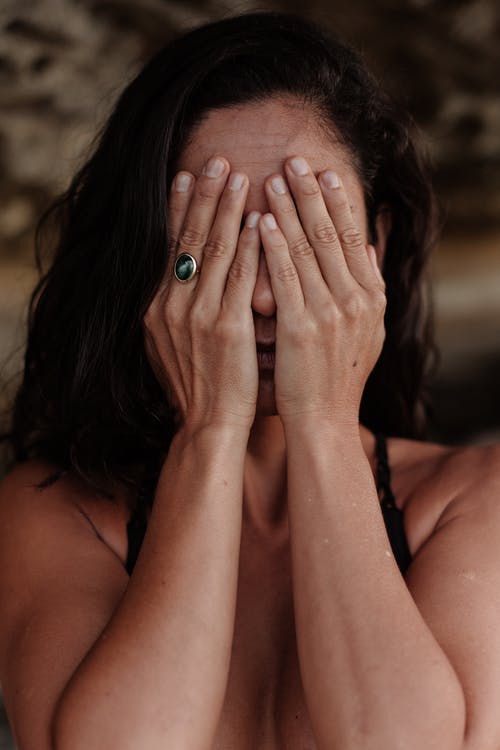
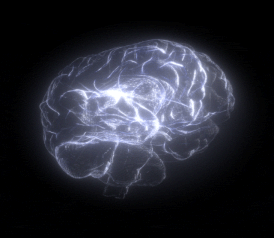




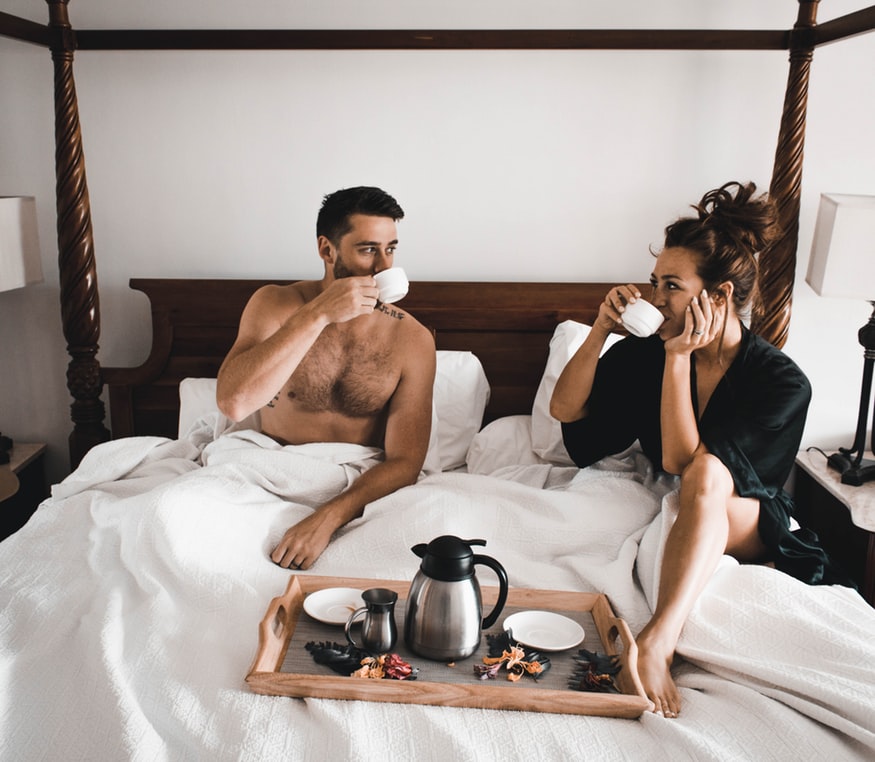
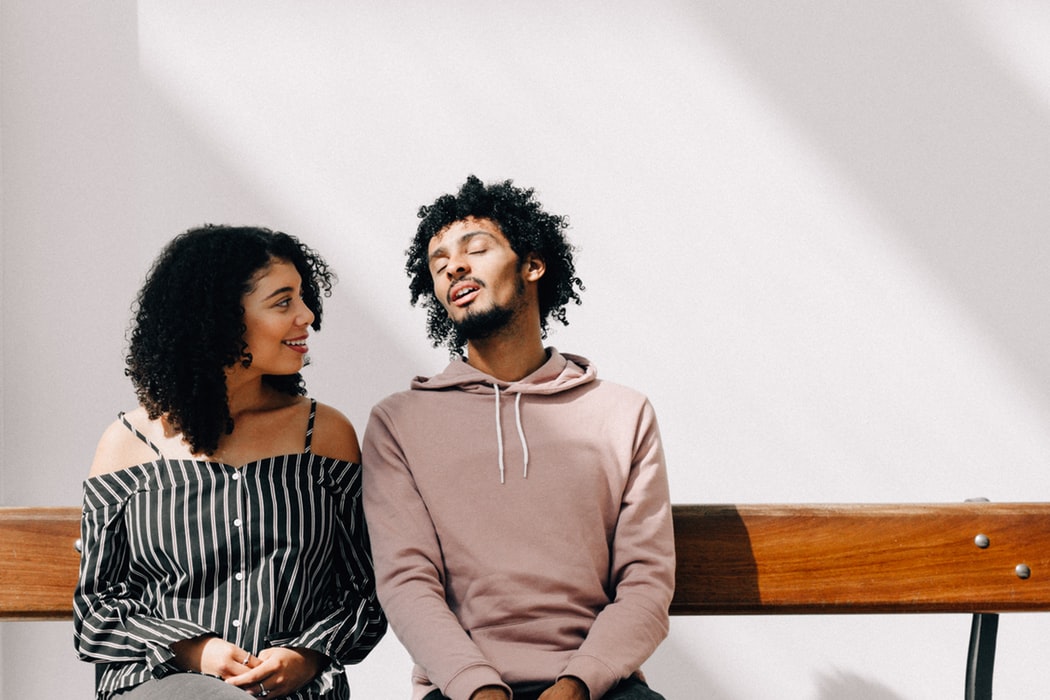
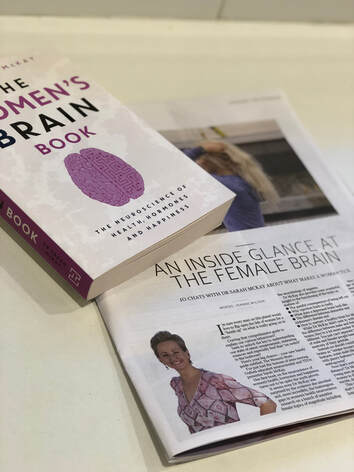
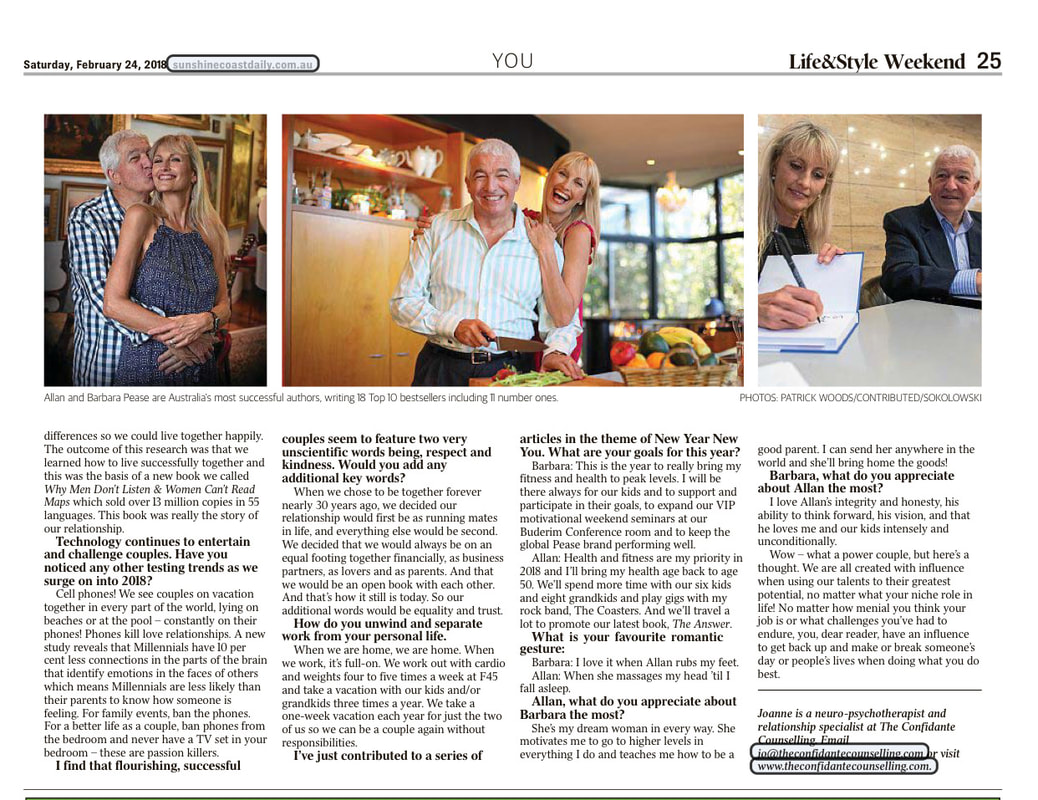
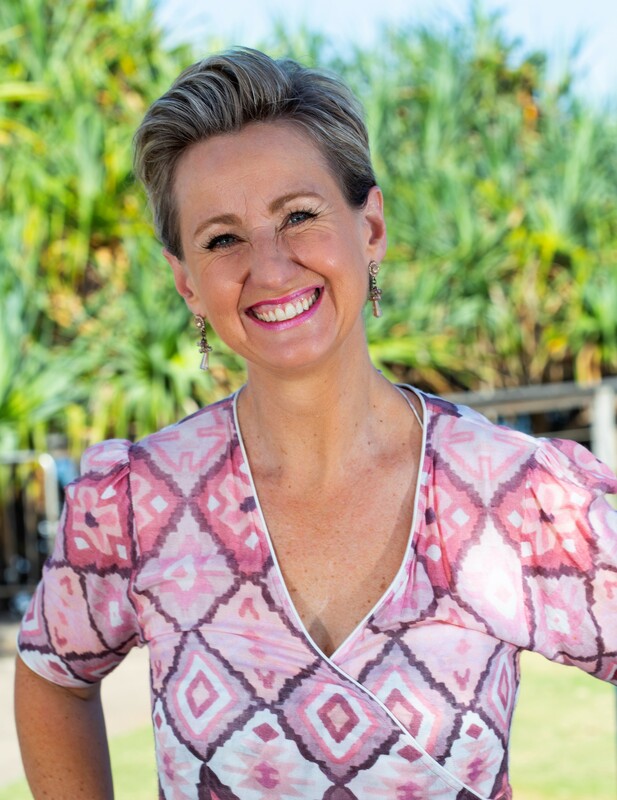
 RSS Feed
RSS Feed









